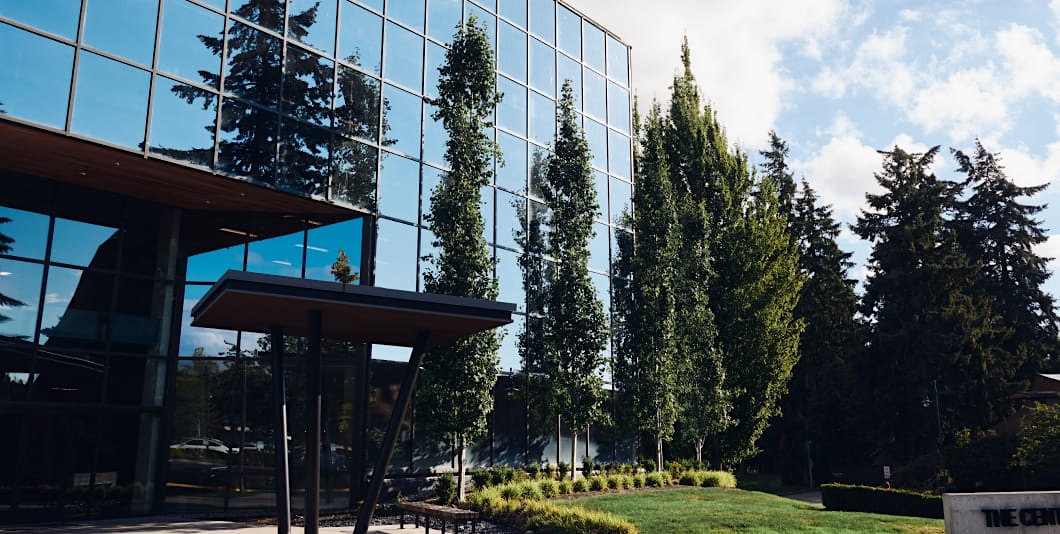Mediation is a negotiation involving the use of a neutral intermediary. Mediation is voluntary. Both sides must agree to pursue mediation (implying both sides are interested in settling) and both sides must agree to a resolution in mediation. In other words, you won’t be forced to take their offer and the defense cannot be forced to meet our demand. Typically, settlement occurs somewhere in the middle.


Role and Importance of the Mediator
The neutral intermediary is referred to as the mediator. While the mediator will assist in resolving the dispute, he or she is not a decision-maker. The mediator is typically a retired judge or an attorney with significant experience in getting cases settled. Both sides have agreed to the use of this particular mediator out of respect for their knowledge and experience. It is important to listen and carefully consider the insight they offer. Their goal is to facilitate discussion by evaluating the arguments and the evidence while highlighting the strengths and weaknesses in each side’s case. Everything disclosed and discussed in the context of mediation is confidential.
Mediation Process Overview and Expectations
Prior to mediation, both sides will submit a written summary of the facts and issues in a particular case. We may also provide background materials, including medical records, a police report, declarations of potential witnesses, evidence of wage loss, and any additional documentation that will assist the mediator in understanding the case. The mediation will often occur at the office of the mediator. Each party is usually present with their attorney. The insurance adjuster from the defendant’s insurance company may also be present. He or she may wish to meet you, so it is important to dress appropriately. The parties are typically seated in separate rooms, with the mediator going back and forth between rooms.
He or she will be pointing out the weaknesses in the case. Don’t get discouraged as he/she is doing the same thing in the other room. We have to understand and not be afraid of these weaknesses because every case has them. We will also discuss the strengths of our case from our perspective. At some point, the mediator will begin to convey settlement offers back and forth, and don’t be shocked or upset when the first offer is low. Ours will start high, and then we both gradually work toward the middle. Insurance companies have to make business decisions and this is nothing personal. Their goal is simply to pay out as little as possible.


Mediation: Cost-Effective, Faster Settlements
In mediation, costs are split evenly and usually range from $400 to $2500 per side. Because the costs are low, a settlement can be reached at mediation for a lesser amount than would be required at trial (where costs can easily exceed $10K or more depending on the type of case) to result in a similar amount of money in your pocket. Mediation eliminates the risk of a jury, whose judgment can be difficult to predict. It also provides a faster conclusion to the case. If the parties agree to settle, a check is made available usually within a couple weeks. Trial will take much longer, involve significant costs, and even when judgment is rendered, the parties may appeal an award to a higher court. Again, these unknowns should make both sides cautious. The above considerations are relevant to both sides, as the plaintiff and defense must consider the costs and rewards of either route.
Preparing for Mediation Day
On the day of mediation you should be prepared to discuss your pain and injuries and how your life has been impacted as a result of the traumatic event. Dress neatly/conservatively and do your best to remain patient, polite and calm. It can be a very long day and you may want to bring something to keep you occupied during the downtime – a book, tablet, magazine, etc. Light snacks and beverages are almost always provided.

How Mediation Leads to Settlements
Cases would always settle if the defense were willing to offer an amount sufficient and fair to compensate the plaintiff for damages suffered. Most cases do settle, because the defense eventually offers an amount that you, the plaintiff, are willing to accept in light of the risks and costs of going forward. If we are able to reach a settlement at mediation, the settlement will be recorded in an enforceable contract.
But even when the parties are unable to compromise and reach a settlement at mediation, there is always a chance that the case could still settle any time prior to trial. And if the case proceeds to trial, mediation is a useful exercise is discussing weaknesses and strengths in the case with a neutral, experienced mediator, as well as uncovering what the defense deems their strongest arguments.











